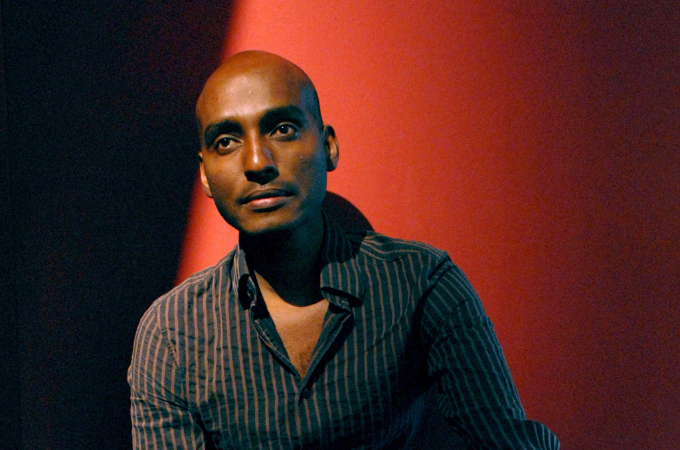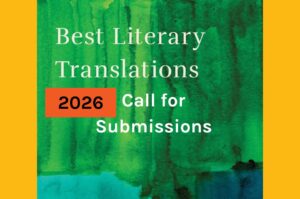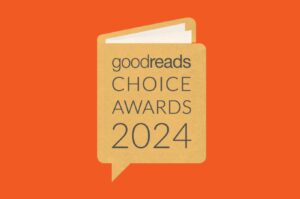
In a recent essay published on Lithub, British-Eritrean novelist Sulaiman Addonia advised writers who, perhaps as a result of poverty, do not have access to books. He pointed out the class bias in the imperative reading is the only way to develop ones writing.
He writes: “I find the advice of established authors given to aspiring writers to “read, read and read books” lacking in nuance, unimaginative, and ignorant of the realities of those from backgrounds of scarcity, displacement, and war, like myself.”
This observation is coming from experience. Addonia is open about the difficulties he experienced growing up. From growing up in refugee camps to living in the Saudi Arabia where certain kinds of books are banned, Adonnia knows what it means to not have access to books; yet, he is a successful writer today. With this article, he wants aspiring writers to know that reading is not the only way to nurture their thinking.
Aspiring writers should, by all means, read books, but those that grow up deprived of literature, in the absence of books due to wars, exile, and poverty, should not lose heart. They can find other ways to garner ideas and build their storytelling techniques. They could learn to read—with the same curiosity and intensity given to books— images and photographs, rivers, music, seas, and trees, read the history in facades of buildings and the flower arrangements in cemeteries. They could read the shape, texture, and songs present in paintings. They could watch silent films so that they can read the cinematography, lighting, costumes and poses as if their eyes were a camera, which could improve imagery in their prose. They could sit in a street, the most accessible, diverse and open library, and read people from all walks of life, the usual characters populating many novels, but also others whose stories are often omitted from publication due to the biases and prejudices present in the publishing world. The street is a library, people are books. [Read the full article here.]









COMMENTS -
Reader Interactions